
Representatives from Puerto Rico’s private sector agreed Monday to back Gov. Ricardo Rosselló’s urgent call to Congress to treat the island as a U.S. — not foreign — jurisdiction in the federal tax reform currently being discussed.
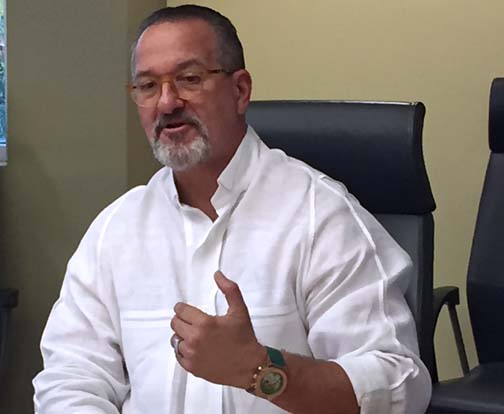
The draft bill of the U.S. tax reform being considered in Congress has the potential to “catastrophically impact” the island’s economy, jeopardizing more than 70,000 well- paid jobs and more than 35 percent of the Commonwealth’s budget, Puerto Rico Manufacturers Association President Rodrigo Masses warned Monday.
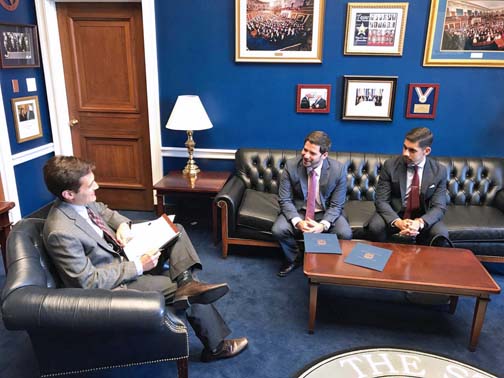
The Frente por Puerto Rico’s subcommittee on tax reform on Tuesday visited 11 U.S. House and Senate offices asking for Puerto Rico’s inclusion in the federal tax reform.
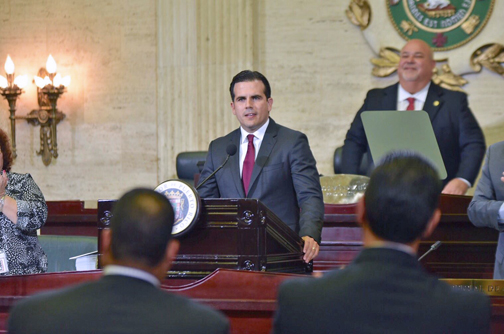
Gov. Ricardo Rosselló presented Wednesday a budget of $9.5 billion to Puerto Rico’s Legislative Assembly, which guarantees essential services and pension payments, and which also makes contributory justice for the citizens of the island, he said.

On the heels of testimony presented before the Senate the prior day, the Center for a New Economy on Thursday offered seven strategies to jumpstart Puerto Rico’s economy, that sidestep the government’s proposed tax reform — for now.

Saying that it "is a serious attempt to carry out a comprehensive change of the tax system,” the Center for a New Economy suggested during public hearings Wednesday that the reform should be put off until Puerto Rico’s adverse fiscal conditions improve.

At the Puerto Rico Information Technology Cluster we believe that the potential success of the implementation of a value added tax system and how fair it could be for Puerto Ricans will depend largely on the strength of information systems that are launched to support it.

House Speaker Jaime Perelló told Treasury Department officials during a hearing Wednesday that they need to “go back to the table” on certain aspects of the proposed tax reform, including the frequency with which consumers will receive rebates to mitigate the impact of the new 16 percent value-added tax structure.

Your speech hurts. Your government strategy hurts. Your tax reform hurts.
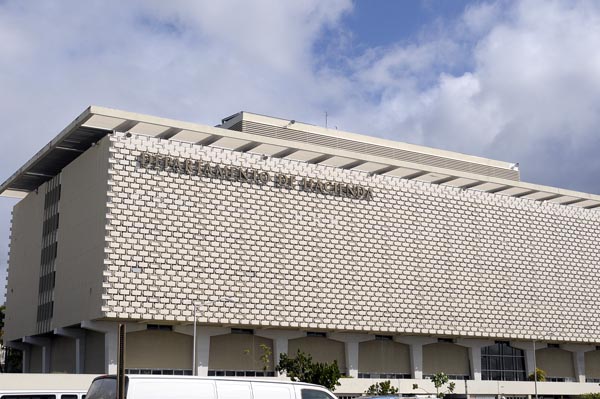
The tax overhaul currently being discussed at the highest levels of government, based on an analysis by KPMG Accounting Services, would shore up as much as $6 billion a year for the public coffers, based on the application of a new 16 percent goods and services tax, according to the report released Wednesday.
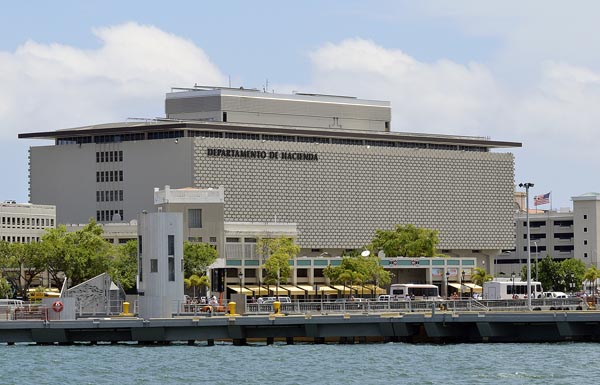
Saying the Commonwealth failed to justify its reasons for not doing so, the San Juan Superior Court on Tuesday ordered the Puerto Rico Treasury Department to make public the report produced by KPMG Accounting Services that is being used to shape the upcoming tax reform.

Aiming to encourage work in the formal economy while neutralizing regressive consumption taxes, the Center for a New Economy recently commissioned the Urban Institute in Washington D.C. to conduct a study that proposes a new work credit focused on working families with children making between $7,500 and $25,000.

On January 31, 2011, Puerto Rico enacted a new Internal Revenue Code (the “2011 Code”), which reformed the island's tax system, containing significant changes for individual and corporate taxpayers.




NIMB ON SOCIAL MEDIA